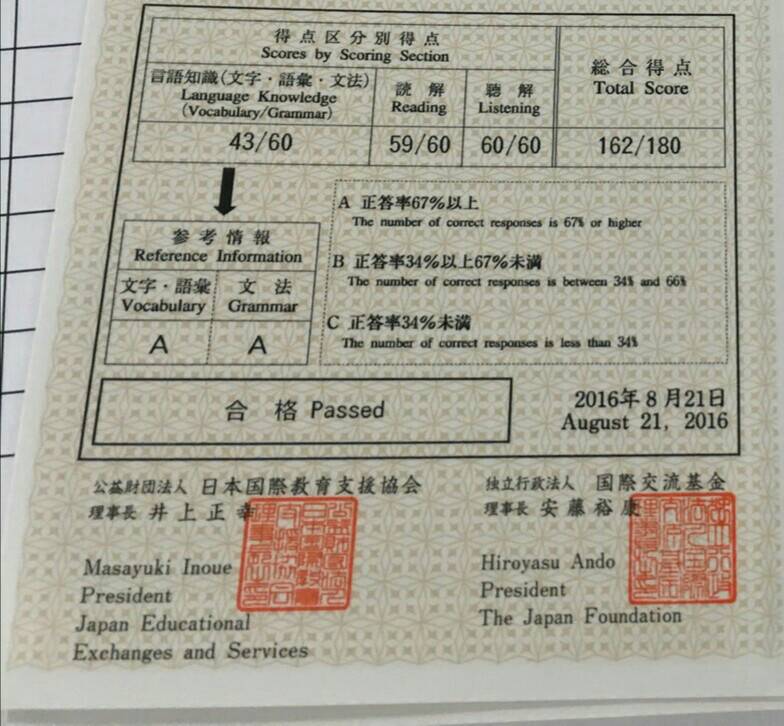So something I started doing this year was keeping a handwritten journal/diary in Japanese. In order to incentivize it a bit, I spent a bit of money to get a Hobonichi Techo (that's 手帳, or てちょう - not てこ

with a nifty Mother 2 (Earthbound) cover and some decent pens and stuff. It started off pretty strong in January and February with daily entries, tapered off through March and then had an extremely shameful dry spell from April through mid-August. I was absurdly busy during that time and instead of chronicling it, I just got lazy and didn't feel up to writing it all down. I'm really regretting it now, and I've committed to writing something down each day for the rest of the year - for real this time. I take it with me everywhere I go and jot a few words down whenever I have a gap in my day.
I bring this up because I thought that some other people might be interested in doing something similar, and the 2017 Hobonichi Techos just went up for sale (
English store ||
Japanese store). They're great little journals/day-planners with a ton of neat design features, plus they come with a little quotation or excerpt from something each day written in Japanese.
We've got a thread for the planners on GAF, and it links to
last year's (which links to
2015's) so you can take a look at why they're neat and what people do with them.
If you've never journaled in Japanese before, it's definitely worth doing. It's a great way to practice organizing your thoughts and forming nicer sentences, practice casual form and language that you don't get a chance to use in polite conversation, and generally just fool around with the language. If, like me, you've tried in the past and stalled out, perhaps the fact that you have this nifty little planner with nifty little tools that you spent a moderate sum on will motivate you to make more use of it. Or at the very least make you feel that much guiltier if you don't (again, like me).

